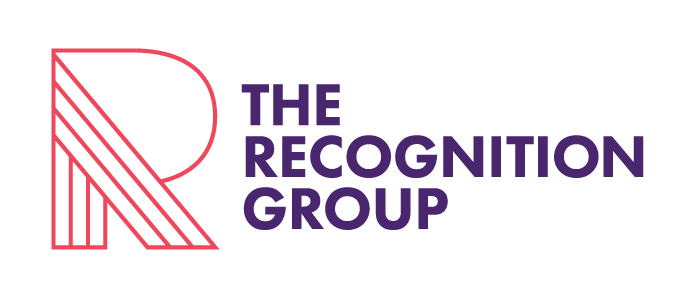Ten tips for a successful phone interview
Increased time constraints on journalists means they are more likely to suggest phone interviews rather than agree to face to face meetings.
While the fundamentals of the interview do not change, it does remove the ability to gauge the journalist’s reaction to what you say and see when (or if) they are taking notes.
Before the interview, turn off all emails, phones and instant messaging to avoid distraction. To help you focus try standing rather than sitting.
Start the interview by asking how much time the journalist has so you know you have enough time to cover off everything you want to. Offer to set the scene or give background information to give the journalist a baseline to interview from.
Remember to speak slowly so that the journalist has enough time to write notes as you talk. Enunciate. You don’t want a journalist who has printed something factually incorrect to have the excuse that they misheard what you said because your delivery was garbled.
A pause in the conversation may seem unnatural but it could be the journalist just taking time to complete their notes, or they may be considering a follow up question. Don’t be afraid to ask if you’ve answered a question fully in case they’re just giving you more time to expand on your answer.
Take the time to listen to what the journalist is saying and give them the opportunity to ask follow up questions rather than launching into the next point you want to make. Also, avoid the use of jargon, as media readership is generally broad. Speak in general terms that can be easily understood.
Always be honest. If a question comes up that you’re unable to answer or do not know the answer to, just say so.
Be sure to state your key messages. If there’s anything you didn’t have time to get to, journalists will usually ask towards the end of the interview if there’s anything else you want to add. Use that time to include anything that has not been covered, or to reiterate your key points. Also give a brief summary to conclude the interview.
Never discuss anything you would not want to be shared. It can be easy when meeting with a journalist to be lulled into revealing more than you wanted to, particularly if it’s someone you have a long standing relationship with and you are in an informal setting. Always be mindful of this.
